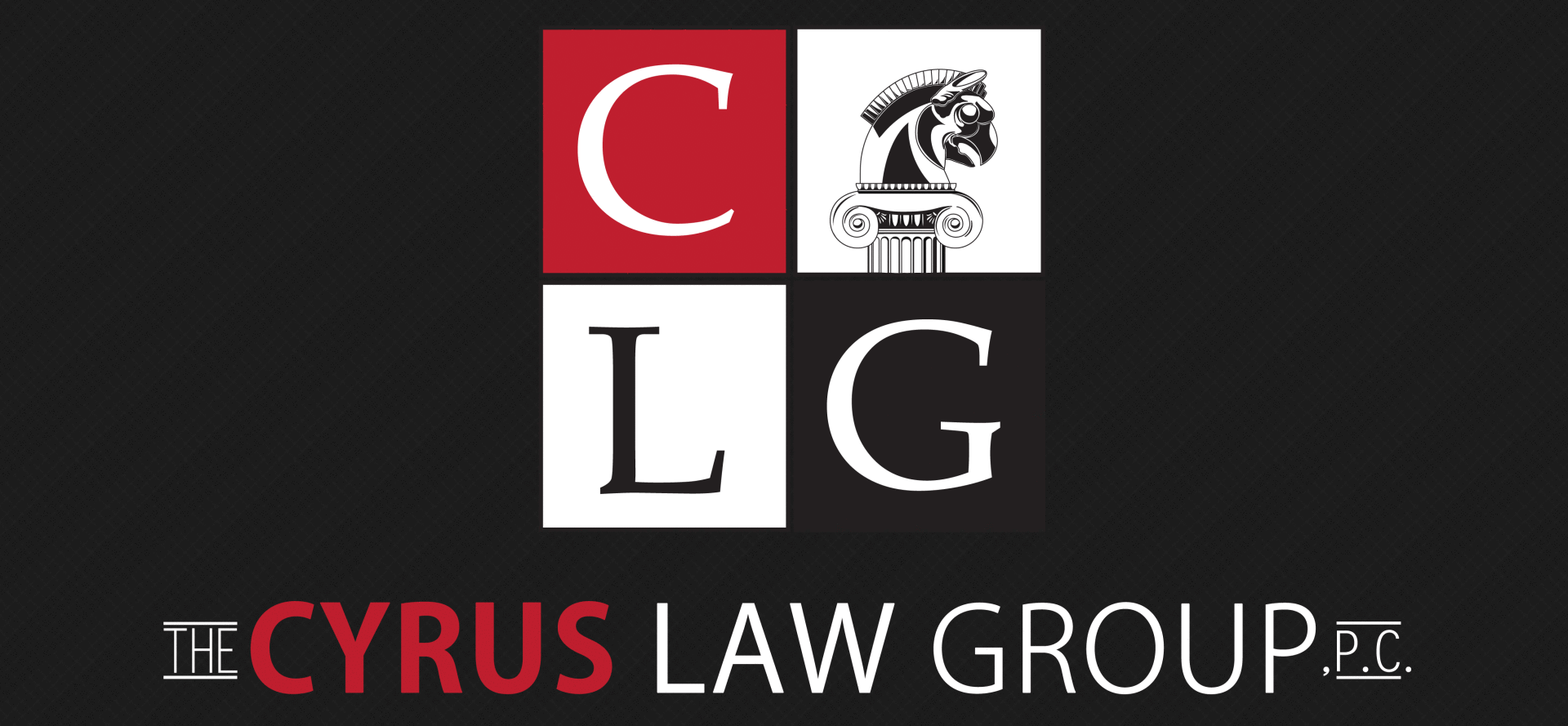Reputation is important to almost everyone, but it’s especially important to celebrities. Often, a celebrity’s reputation is remembered as much as his or her work. That’s why when a celebrity feels that his or her reputation has been damaged by the conduct of another person or company, it’s likely that the celebrity will file defamation or false light claim.
Olivia de Havilland is one such actress. She believes that Feud: Joan and Bette, a docudrama series on FX Networks, put certain words in her mouth without getting her permission. The California Court of Appeals recently heard arguments in the actress’s false light claim against FX Networks.
Protecting Her Image
Last year, a California superior court judge granted de Havilland a speedy trial on her invasion of privacy claims against FX Networks and the creator of the series, Ryan Murphy. The defendants filed an anti-SLAPP motion in response, stating that de Havilland’s claims would “set a dangerous precedent for a celebrity’s publicity rights against free speech.” The judge, however, allowed the case to proceed.
De Havilland’s attorneys argued in their briefs that the series portrayed the actress in a false light and used her celebrity for profit. According to the briefs, de Havilland has taken great care in cultivating a refined reputation, which wouldn’t use the type of language that was used by her character in the show. In opposition, FX Network’s attorneys argued that “the portrayal used de Havilland’s story as ‘raw material’ to tell a story.” FX Network’s attorneys also argued that the claim of malice was not met because the show’s creators never claimed that de Havilland’s portrayal in the show was actually sanctioned by the actress.
De Havilland’s attorney argued that while docudramas will exist, they need to be “true to the people that are portrayed.” The attorney additionally argued that literal interpretations are acceptable, but the creators of Feud admitted to altering de Havilland’s story for entertainment purposes. Although mistakes may occur even in accurate work, “the admitted fabrication of de Havilland’s story is not protected by the First Amendment.” The panel didn’t indicate when a decision would be reached.
Related Resources:
- Olivia De Havilland’s Feud With FX Moves To California Court Of Appeal (Deadline)
- Defamation, Libel and Slander (FindLaw’s Learn About the Law)
- Harper Lee’s Estate Sues Over Broadway Musical Adaptation (FindLaw’s Celebrity Justice)
- IMDb Age Law Violates First Amendment, Court Rules (FindLaw’s Celebrity Justice)
